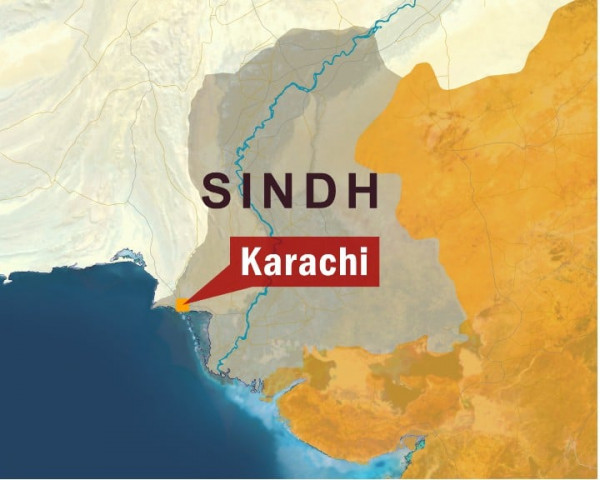‘Why don’t we import city governments?’

‘Why don’t we import city governments?’
This problem has bothered economist Paul Romer for quite some time, reported Businessworld on June 28. Most economists teach in universities or serve businesses and governments. Romer resigned his chair at Stanford University and decided to try and change the world. To explain his ideas, he once showed a slide of children studying under a light in the parking lot of the airport at Konakry in Guinea in Africa, and asked: why do they do this? Why does every child in a developed country have electric light and why are the children in every developing country without it? It is not because of cost; many poor people can afford it. It is because of the institutions that govern electricity generation and distribution - the rules that make it possible for companies to be formed and to run businesses that deliver electricity to everyone and make a profit out of it. Those rules and institutions flourish under developed-country governments because the governments supply clean, reliable administration.
Romer devised a test to find out the validity of his hypothesis. A developing country should import administration for a city from a developed-country government and it should give the latter a contract for a few years - long enough to set up an administration and get it running.
Karachi, he feels, is a perfect candidate for this test. Once a great and prosperous port, it is ruled today by gangsters. But would a Pakistani government have the guts to hand it over to Romer?
The blow to the pride of a government that has to admit its own inefficiency might just be too great for the Pakistani rulers to bear.
Romer has examples to support his hypothesis across the world. When the communists overran China, Hong Kong was on a 99-year lease to Britain. They could have occupied Hong Kong as well but instead, they let the British run it. They ran Hong Kong exemplarily. They ran it so well that the Chinese imitated it and set up autonomous governments to run a number of port cities. These cities became new models. They attracted industry, churned out exports and made China the world’s most successful exporter. They became the driving force for China’s amazing growth. Forty years ago, the Chinese were about as poor as Indians, today they are three times as rich.
Romer has been looking for ports in developing countries to try out his idea. It does not have to be an existing port and can even be built from the ground. He nearly found a site in Madagascar. But then there was political controversy, the president who had promised the site to Romer fell and the idea fell through.
Would the Pakistani government offer Karachi? Would the Indian government have the guts to hand over a port? Bombay was the pride of India. Paranoid Maratha parties chased non-Maharashtrians out of it: now it looks worse and functions much worse than it did under the British. Calcutta was a great industrial city till the communists started industrial strife that ran its industry to the ground. Today, they have lost power in Calcutta - 40 years too late. Mamata has won Calcutta. She has appointed 76 advisers for her 76 corporators. Every single one of them is a Bengali. Would she ever dare appoint Romer as the czar of Calcutta? That leaves one chief minister who could do it: Narendra Modi. He has the guts to do it. He has virtually handed over two ports to industrialists - Jamnagar to Mukesh Ambani and Mundra to Adani - and both have been a success. He could call Romer, but would he?
Published in The Express Tribune, July 5th, 2010.



















COMMENTS
Comments are moderated and generally will be posted if they are on-topic and not abusive.
For more information, please see our Comments FAQ